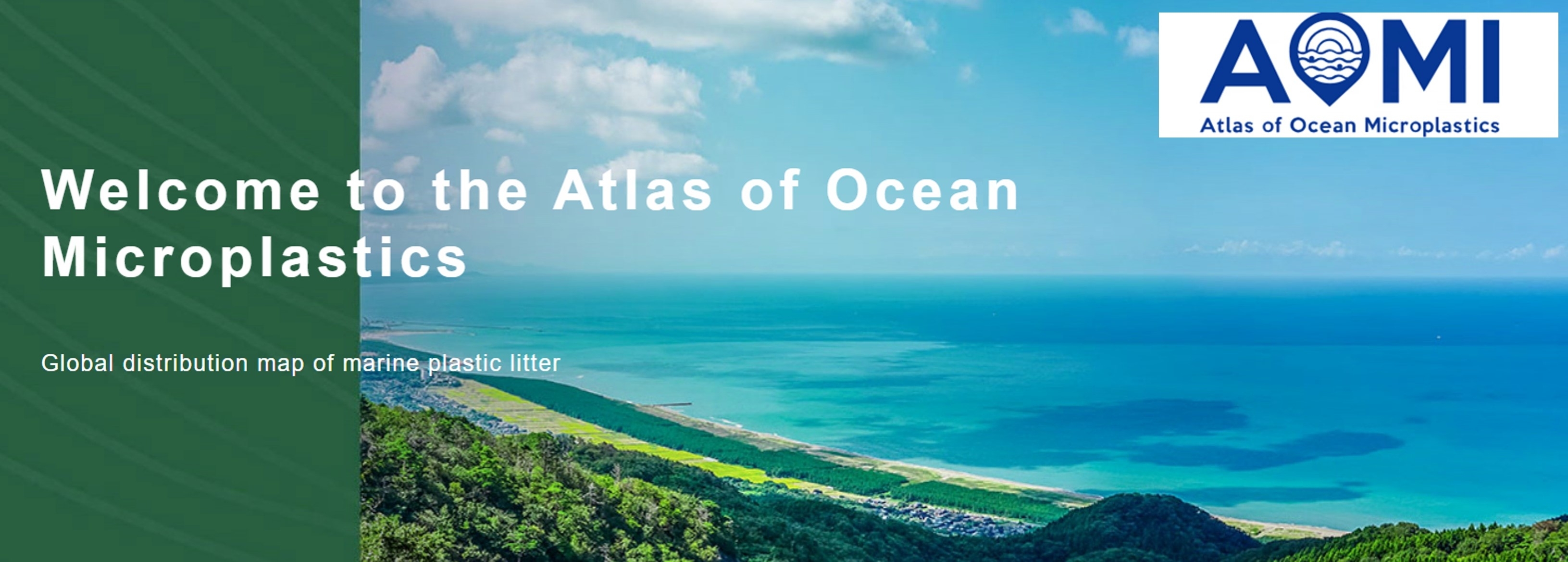Harmonized monitoring and data compilation of marine plastic litter
Back ground
Marine litter, including microplastics, is now a global challenge. In particular, pollution by plastic litter has been recognized as a serious international issue. Determining the current status of distribution and quantity is an urgent task. It is important for policy making and implementation to be based on concrete scientific knowledge.
At the G7 Elmau Summit in 2015, “supporting the initiation of a harmonized global marine litter monitoring effort and the standardization of methods, data and evaluation” was listed as one of the priority actions in the annex to the G7 2015 declarations. Subsequently, in November 2015, following the Elmau Summit, it was agreed that Japan would play a leading role in standardizing and harmonizing the monitoring methodologies for ocean microplastics.
Also, at the G20 Osaka Summit in 2019, marine plastic pollution was taken up as one of the priority issues, and the leaders endorsed the "G20 Implementation Framework for Actions on Marine Plastic Litter," which includes sharing scientific information and knowledge. In the first follow-up meeting and the G20 Workshop on Scientific Knowledge and Innovative Solutions for Marine Plastic Litter in 2019, it was identified that Japan (MOE Japan) voluntarily takes the lead in further elaborating key issues, such as harmonized monitoring and data compilation for the G20 Implementation Framework.
Guidelines for Harmonizing Ocean Surface Microplastic Monitoring Methods
In response to the growing interest surrounding microplastics in the ocean, microplastic monitoring carried out by many institutions around the world using various methods. It is expected that monitoring will continue, but as different sampling and analytical methods are used - depending on the purpose of the surveys of each country and research institution - there is a fundamental lack of comparability among currently available data.
To remedy the situation, the MOEJ published the first version of the "Guidelines for Harmonizing Ocean Surface Microplastic Monitoring Methods" in May 2019, based on the comparison study of sampling and analysis methods through the demonstration projects and discussions at an international expert meeting consists of domestic and international experts. The MOEJ also updated the guidelines in 2020, and is promoting harmonization of the monitoring methods through the guideline.
Also, the second revision, such as rivising the definition of maximum in “Feret diameter*” and clarifying the minimum requirement of data items, was made in 2023, in order to accelerate further accumulation of monitoring data. The MOEJ will continue to lead harmonizing global data which is the basis for combating plastic pollution.
Related materials
Related information
Data sharing and Database
In addition, the MOEJ hosted International Workshop on Marine Debris Data Harmonization in August 2023 to enhance the level of data, including associated metadata identification to support global data harmonization for selected key marine debris indicators that will underpin the successful mitigation of plastic pollution.
Marine plastic litter mapping database “Atlas of Ocean Microplastics (AOMI)”
Atlas of Ocean Microplastics (AOMI) (external link)

The MOEJ is collecting monitoring data on ocean surface microplastics from researchers, institutions and governments around the world and developing a database system which can provide the collected data with 2D maps of sampling locations and distributions of particle density. The data is registered in the database system in accordance with Guidelines for Harmonizing Ocean Surface Microplastic Monitoring Methods.
Promoting data sharing through this database system can contribute to development of monitoring networks around the world and improvement of data value. Also, this database system is expected to contribute to policy makers, researchers and citizens by providing easy-to-understand 2D maps.
How to collect and submit data
If you have any questions regarding to how to download and provide data, please contact the email address below.
Email: aomi-contact#env.go.jp
*When sending an email, please change "#" to "@" in the address
AOMI Database Workshop: Enhancing Ocean Microplastics Monitoring
This workshop featured related initiatives, such as the UNEP Global Partnership on Plastic Pollution and Marine Litter (GPML), detailing their current activities and tools. Additionally, a panel discussion addressed the current situation and challenges in ocean surface plastic monitoring. Finally, in the later session, we introduced specific functions and data submission processes in AOMI.
Detail information and the materials are available from the link below.
AOMI Database Workshop: Enhancing Ocean Microplastics Monitoring